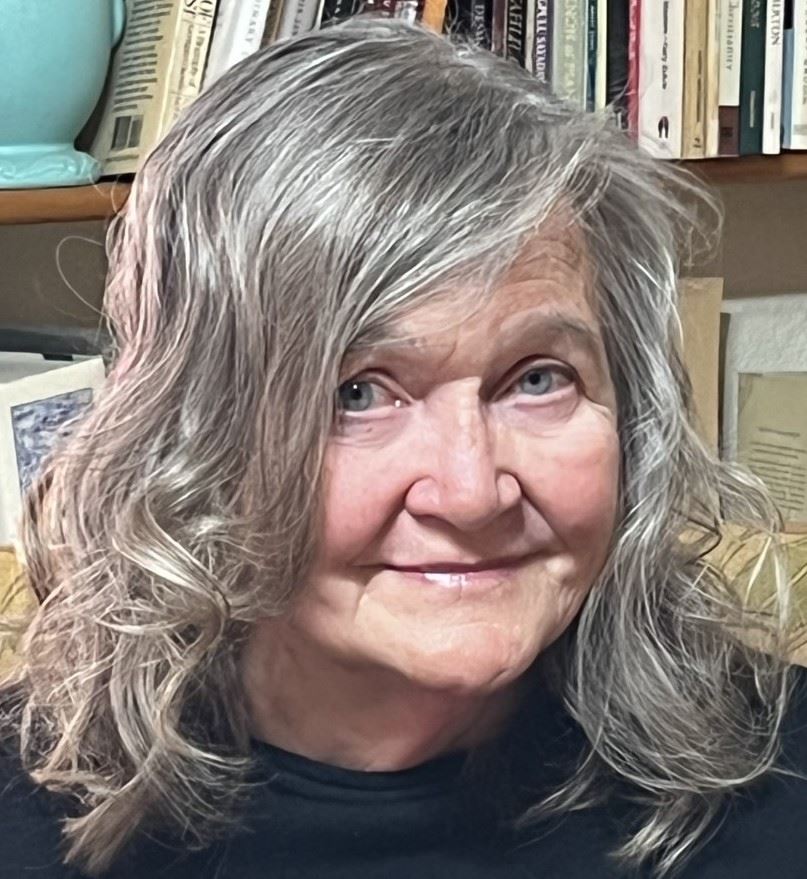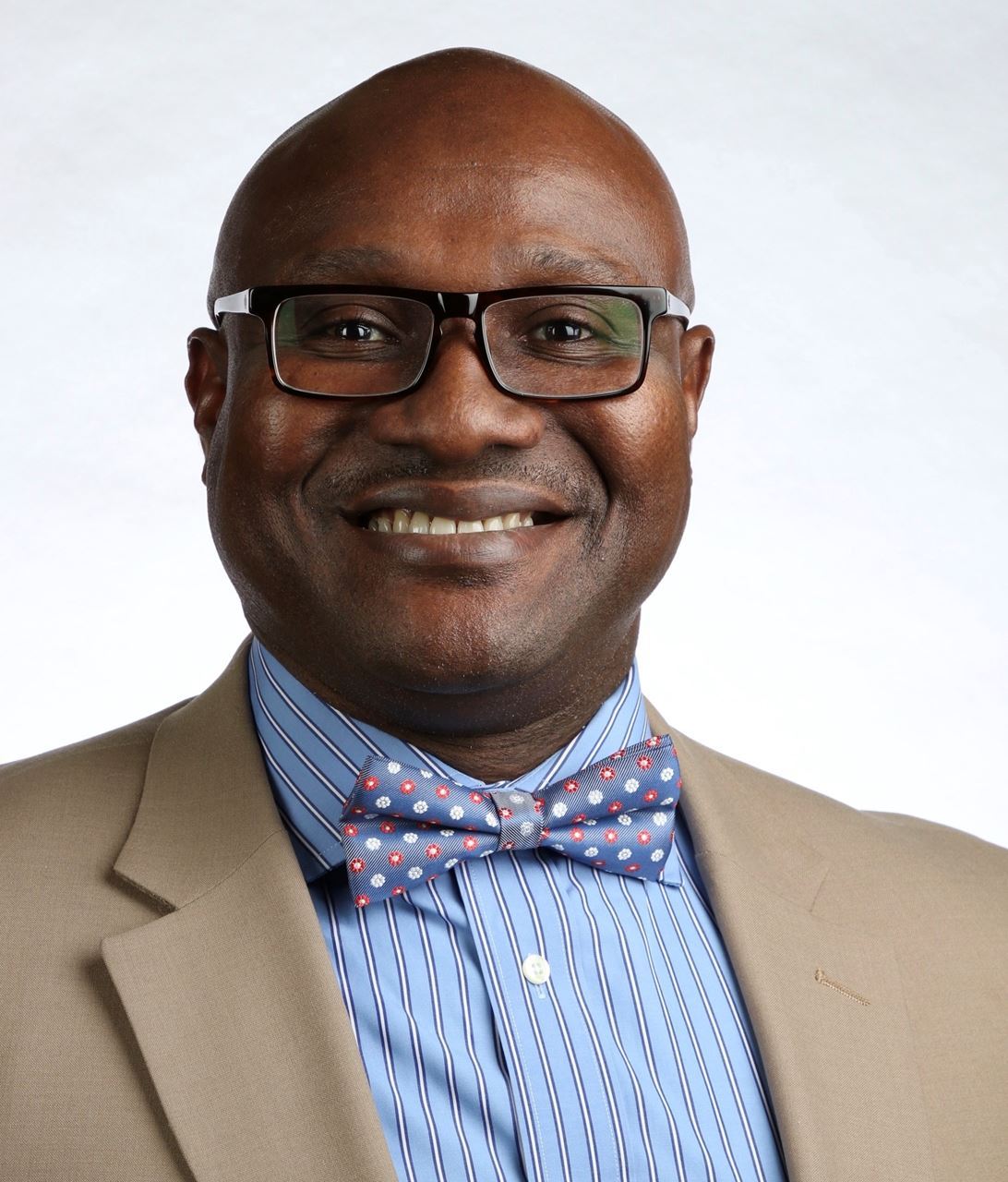Featured Presentations

8:45-9:45 am
The Pillars of Ethics in Medicine — Ann Freeman Cook, PhD
Develop deeper insight into the four principles of medical ethics -- autonomy, beneficence, non-maleficence, and justice – under which physicians work. See how these tenants allow physicians to practice clinical medicine and how conflicts arise and lead to the need for some moral elements to overrule others in difficult medical situations.
- - -
Ann Freeman Cook, PhD, serves as adjunct professor and co-director of Ethics Programming for the University of South Dakota Sanford School of Medicine. Prior to this position, she served for many years as research professor and director of the National Rural Bioethics Project at the University of Montana. She has extensive experience in developing and conducting empirical bioethics studies that employ partnered research approaches, qualitative research, mixed methods design, and expert elicitation methodology. She has been the principal investigator on research and implementation grants funded by the National Institutes of Health, National Science Foundation, Agency for Healthcare Research and Quality, and private foundations. Her multi-year, multi-state studies have explored physician recognition of and response to ethical issues of clinical care and related topics like medical error, clinical trial research in community settings, informed consent, and physician/patient decision-making. She has served as a consultant for ethics committees and institutional review boards, a reviewer for NIH study sections, and has developed courses and trainings that focus on medical ethics, clinical ethics, research integrity, research ethics, leadership, and professionalism in clinical settings. Findings from her studies have informed the development of ethics coursework at SSOM, including optional innovative coursework like the Certificate in Bioethics.
9:45-10:45 am
Understanding Health Disparities and Social Determinants of Health: A New Era for Health Care Professionals — Leonard Egede, MD, MS
Learn about conditions that limit opportunities, resources, power, and well-being of individuals and populations based on social class, race, ethnicity, and the social determinants of health. Hear about ways physicians can address the complex web of social forces that leads to health disparities including understanding community-identified needs, increasing inclusivity and diversity among students and faculty, integrating solutions into your work, and improving community understanding of social inequalities while improving health outcomes.
- - -
Dr. Leonard Egede is a general internist and health services research, tenured professor of medicine, the Inaugural Milwaukee Community Chair in Health Equity Research at the Medical College of Wisconsin, chief, Division of General Internal Medicine, and director, Center for Advancing Population Science. As a nationally recognized health disparities researcher, Dr. Egede's research has focused on developing and testing innovative interventions to reduce and/or eliminate health disparities related to race/ethnicity, socioeconomic status, and geographic location for chronic medical and mental health conditions. He is also the principal investigator of a large project funded by Advancing Healthier Wisconsin aimed at addressing health disparities in the inner city, African American community of Milwaukee, which serves as the basis of his research team’s community engaged efforts. In addition, he has expertise in a range of research methodologies including large database analysis, clinical trials methodology, qualitative research methodology, community based participatory research methodology, behavioral intervention methodology and implementation science approaches. He has published over 350 peer-reviewed manuscripts related to health disparities, psychosocial risk factors, cost of healthcare, and social determinants of health and have served on multiple NIH, CDC, and VA study sections focused on psychosocial risk, health services, behavioral research, and implementation science. He leads a multidisciplinary team that has worked together on more than nine federally funded grants related to improving diabetes outcomes and eliminating health disparities since 2008. Finally, he is passionate about mentoring the next generation of investigators, especially women and ethnic minorities who are traditionally under-represented in research and medicine.

